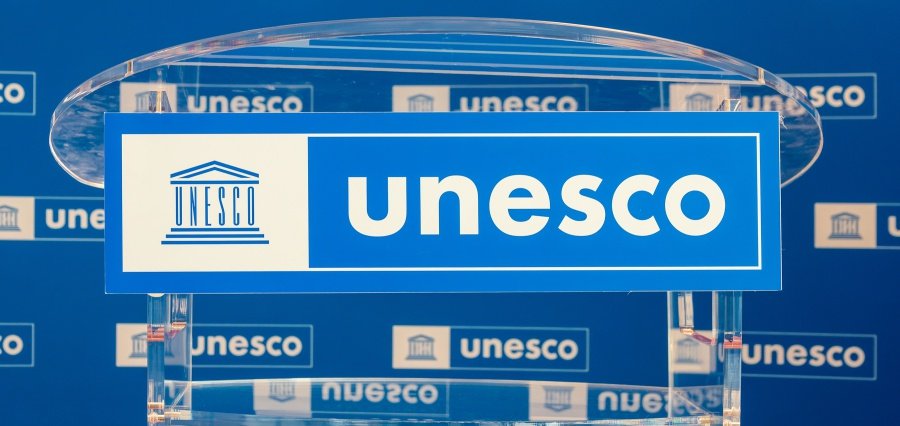UNESCO has announced a significant funding boost of $44.5 million for the improvement of Cameroon’s education system, highlighting the organization’s continued commitment to supporting its Member States in achieving universal education. This funding, secured through the Global Partnership for Education, aims to drive substantial advancements in the country’s educational infrastructure and resources.
The new funds will be utilized to modernize school curricula, with a specific focus on enhancing multilingual education. UNESCO plans to supply over 4 million school textbooks and teaching manuals. Additionally, the initiative will support the professional development of 15,000 teachers and 13,000 headteachers, trainers, and educational professionals. To further support the educational needs of the most vulnerable, the program will also provide school meals to children from impoverished families.
This initiative is part of a broader effort by UNESCO to bolster education across Africa. In recent years, the organization has raised significant funds for educational projects in several African nations, including $15.7 million for Burundi, $48.2 million for Chad, $39.5 million for Côte d’Ivoire, and $10.7 million for the Republic of Congo. This concerted effort aligns with the African Union’s designation of 2024 as the Year of Education, reaffirming UNESCO’s role as a key partner in advancing education on the continent.
During her visit to Cameroon, UNESCO Director-General Audrey Azoulay also toured the Yaoundé Distance Education Centre, established in 2020 to maintain educational continuity during the COVID-19 pandemic. With the pandemic’s health emergency receding, the centre now focuses on delivering educational content to students in remote areas of Cameroon. The centre has developed and distributed over 1,800 multilingual courses and employs more than 300 teachers.
The Yaoundé Centre will soon host the first recording studios for EDUCA-TV, UNESCO’s new educational channel. This 24/7 channel will offer a range of programming, including exam preparation materials and non-formal education content on topics such as public health, environmental protection, and media literacy. The channel will be freely accessible in twenty countries across the region.
In addition to these developments, UNESCO’s Director-General participated in International Literacy Day celebrations in Cameroon, hosted by President Paul Biya. The event highlighted Cameroon’s progress in promoting multilingual education and featured the presentation of the UNESCO International Literacy Prizes. The six winners, representing Austria, Egypt, Ghana, Indonesia, Nigeria, and Panama, were awarded grants between $20,000 and $30,000 to support their literacy initiatives. Literacy remains a pressing global issue, with 754 million adults unable to read or write, and nearly two-thirds of them are women.

